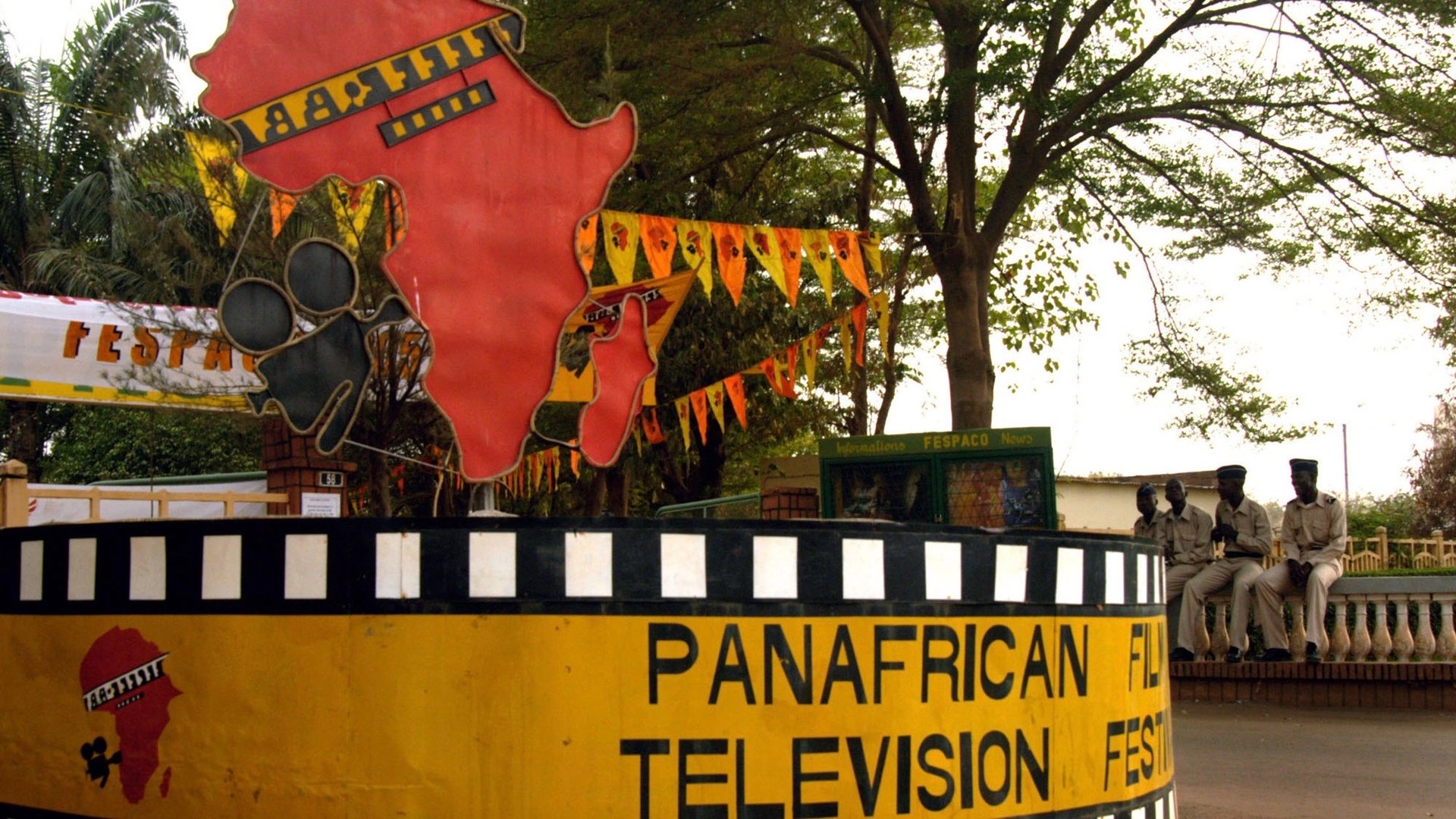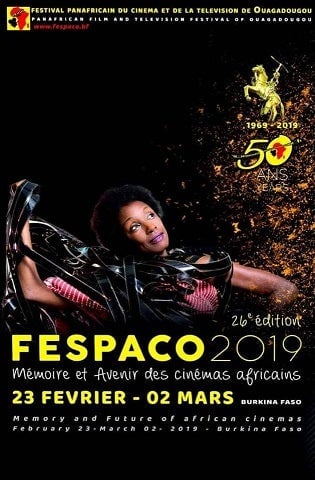One of Africa’s most influential film festivals has survived DVDs and now terrorism
One of Africa’s oldest film festivals will celebrate its 50th anniversary, in spite of the new threat of terrorism in the Sahel.


One of Africa’s oldest film festivals will celebrate its 50th anniversary, in spite of the new threat of terrorism in the Sahel.
The Pan-African Festival of Cinema and Television, known by its French acronym FESPACO, first launched in 1969 Ouagadougou, the capital of what was then Upper Volta. Since then, the biennial festival has become a Mecca of African storytelling in a city that practically exalts cinema. Burkina Faso boasts the Filmmakers’ Square, along Filmmakers Avenue with the statue of the father of African film, Senegalese director Ousmane Sembène. The city also hosts the African Film Library of Ouagadougou.

It’s this history and love of cinema that the 50th anniversary will celebrate, but it will also grapple with the very real challenges facing filmmakers in Africa. In a series of workshops, filmmakers gathered in Ouagadougou will discuss how the industry has changed, how to win back audiences and how to make a living from film and create the financial autonomy of the festival itself. The 26th edition will run from Feb. 23 to Mar. 2.
The festival attracts and awards the best in African film and television and culminates in the Etalon de Yennenga for best feature film. This year’s finalists include the South African Xhosa western Five Fingers for Marseille; Keteke the Ghanaian film that follows the desperate train journey of a couple who want their child born in the city; and Miraculous Weapons, a film about three women on death row by Cameroonian filmmaker Jean-Pierre Bekolo.
At the last festival in 2017, French-Senegalese director Alain Gomis won for his film Félicité, the story of a lounge singer who does everything in her power to scrape together money to save her son as he lies injured in a Kinshasa hospital. The television selection is dominated by West African series, particularly Francophone, a genre of television overlooked by the increasingly globalized yet Anglophone industry.
Like the protagonists of many of the films, the festival itself has had to survive a gauntlet of challenges over decades. Founded in the optimism of the post-colonial period, the cinema and the film industry struggled, with Thomas Sankara rescuing the Ciné Burkina from near dilapidation in the early 1980s. It has struggled through the digital era, competing against cheap roadside DVDs and VCDs as well as the decline of African art house cinema. In 2017, it faced the very real threat of a terrorist attack, and this year will have to negotiate perceptions of growing insecurity in Burkina Faso.
In 2016, al-Qaeda’s presence in the Sahel spilled into cosmopolitan Burkina Faso with terror attacks on a restaurant and hotel, leaving at least 30 dead. Since then, violence has again come close to the city with increasing frequency of attacks. Last week, the US State Department urged Americans to reconsider traveling to Burkina Faso, while the French Foreign Ministry warned travellers to avoid Burkina Faso, following an attack near the French embassy last year. There is also the ever-present threat of kidnapping.
In 2017, metal detectors and armed guards secured the festival and filmgoers attended with a sense of defiance. It’s unclear what steps will be taken this year in the face of a more dangerous threat as organizers did not respond to request for comment. Still, the program is set to continue in a cultural center that refuses to retreat.
Sign up to the Quartz Africa Weekly Brief here for news and analysis on African business, tech and innovation in your inbox